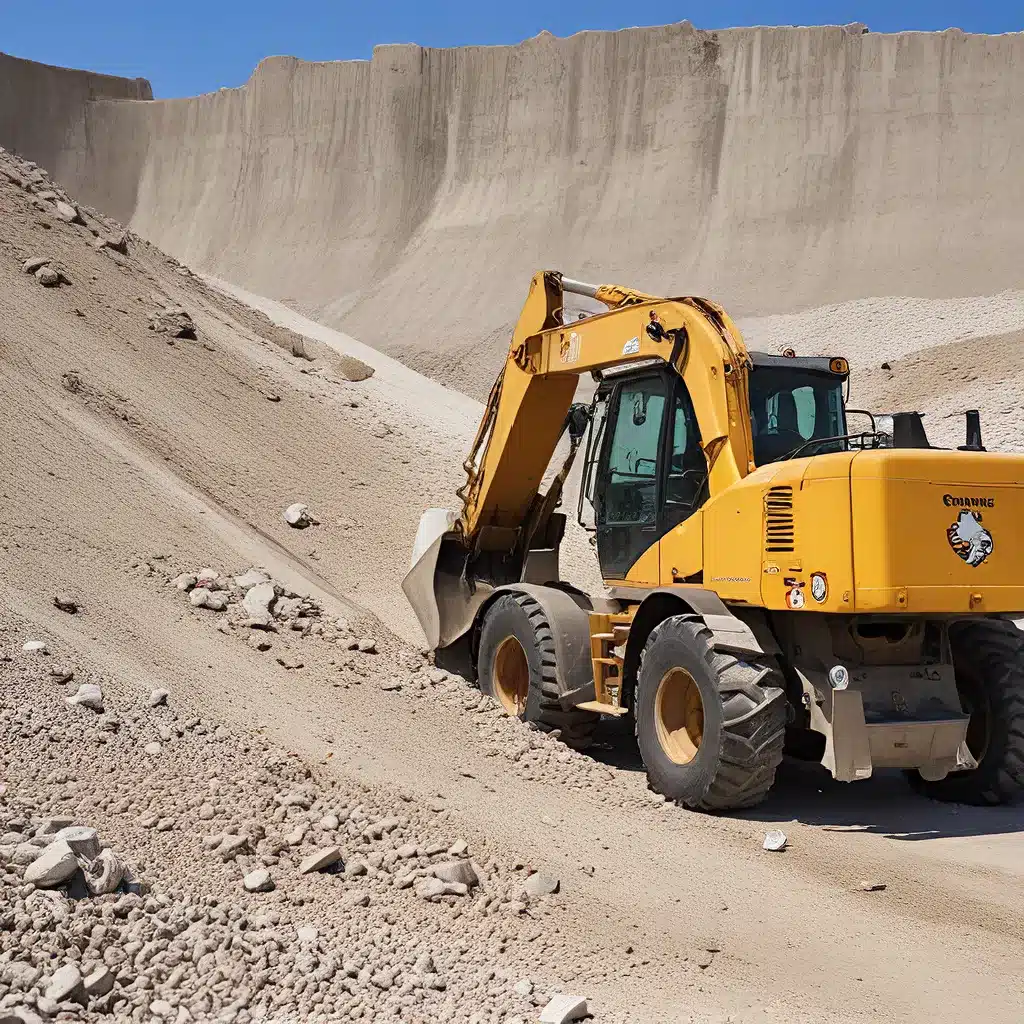
Embracing Sustainable Concrete Practices in Kansas City
As the concrete contracting industry continues to evolve, Kansas City is at the forefront of embracing sustainable solutions that benefit both the environment and the local community. Concrete recycling initiatives have emerged as a promising approach to address the growing demand for construction materials while reducing the environmental impact.
In recent years, Kansas City has made significant strides in promoting sustainable construction practices, driven by the city’s commitment to environmental stewardship and the growing awareness among homeowners and businesses about the importance of eco-friendly solutions. The City of Mission, Kansas, for instance, has implemented a range of programs to encourage sustainable practices, including the development of a comprehensive sustainability plan that outlines strategies for reducing waste, promoting renewable energy, and enhancing green infrastructure.
The Benefits of Concrete Recycling
Concrete recycling is a crucial aspect of this sustainable approach, offering a range of benefits that extend beyond the immediate construction project. By repurposing and reusing concrete waste, contractors can reduce the demand for virgin materials, minimize landfill disposal, and contribute to a more circular economy.
One of the primary advantages of concrete recycling is the cost savings it can provide. Incorporating recycled concrete aggregate into new construction projects can significantly reduce the need for expensive virgin materials, such as gravel or crushed stone. This, in turn, can lead to more affordable and accessible concrete services for homeowners and businesses in Kansas City.
Moreover, concrete recycling helps to conserve natural resources by reducing the extraction and processing of raw materials. This aligns with the broader sustainability goals of the city, where resource conservation and waste reduction are key priorities. By diverting concrete waste from landfills, the local community can contribute to the preservation of natural habitats and the protection of the environment.
The Concrete Recycling Process
The process of concrete recycling typically involves several steps, starting with the collection and transportation of concrete waste from construction sites or demolition projects. Once the concrete waste is gathered, it is then crushed, sorted, and cleaned to remove any impurities or contaminants.
The resulting recycled concrete aggregate can then be reintroduced into the construction process, either as a replacement for virgin materials in new concrete mixes or as a base material for roads, sidewalks, or other infrastructure projects. This closed-loop system not only reduces waste but also minimizes the environmental impact associated with the extraction and processing of raw materials.
Innovative Concrete Recycling Initiatives in Kansas City
In Kansas City, concrete recycling initiatives have gained momentum, with several local companies and organizations leading the charge towards a more sustainable future. CRH, a global leader in the construction materials industry, has recently unveiled a comprehensive sustainability plan that includes a strong focus on concrete recycling and the development of innovative recycled concrete products.
Similarly, Mission, Kansas, has implemented a recycling program that encourages residents and businesses to properly dispose of concrete waste, which is then processed and reused in local construction projects. This initiative not only reduces the amount of concrete waste sent to landfills but also contributes to the city’s overall sustainability goals.
The Future of Concrete Contracting in Kansas City
As the demand for sustainable construction solutions continues to grow, concrete recycling is poised to play an increasingly important role in the future of concrete contracting in Kansas City. By embracing these eco-friendly practices, local contractors can differentiate themselves in the market, attract environmentally conscious clients, and contribute to the long-term sustainability of the city’s built environment.
Moreover, the adoption of concrete recycling aligns with the broader trends in the construction industry, where green building and circular economy principles are gaining traction. As homeowners and businesses in Kansas City become more aware of the environmental impact of construction, they are likely to prioritize contractors who can offer sustainable concrete solutions, further driving the demand for recycled concrete products and recycling services.
Conclusion: Concrete Contracting’s Sustainable Future in Kansas City
In conclusion, the concrete recycling initiatives in Kansas City represent a promising step towards a more sustainable future for the city’s construction industry. By reducing waste, conserving natural resources, and offering cost-effective solutions, concrete recycling has the potential to transform the way contractors approach their work, ultimately benefiting both the local community and the environment.
As Kansas City continues to lead the way in promoting sustainable construction practices, the adoption of concrete recycling and other eco-friendly initiatives will undoubtedly play a crucial role in shaping the future of the concrete contracting industry in the region. By embracing these innovative solutions, contractors can not only improve their own business operations but also contribute to the long-term resilience and sustainability of the city’s built environment.

